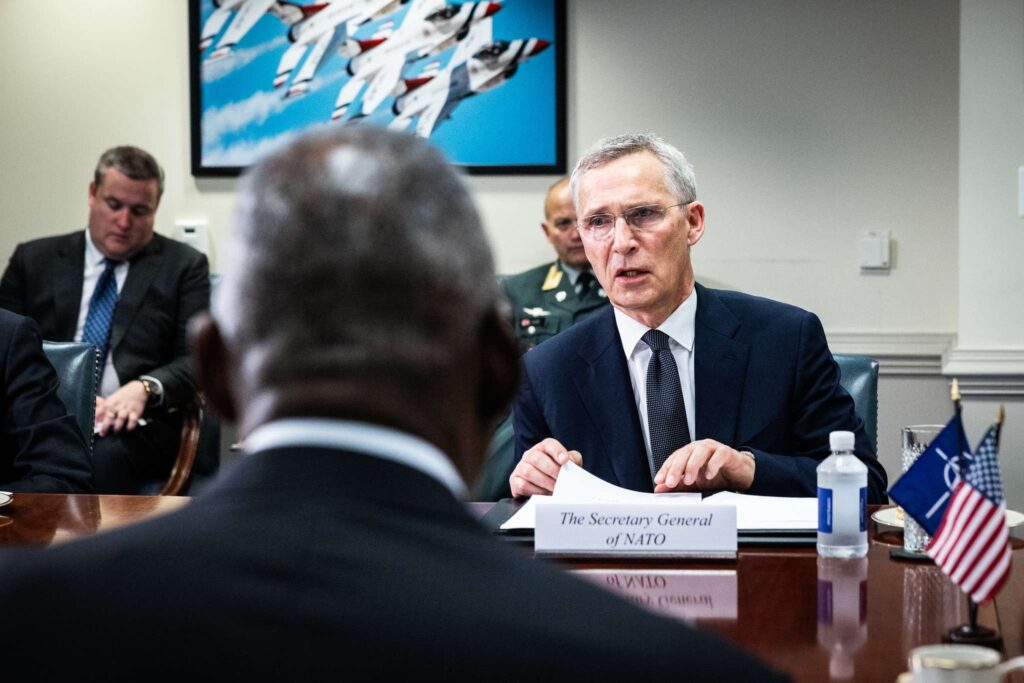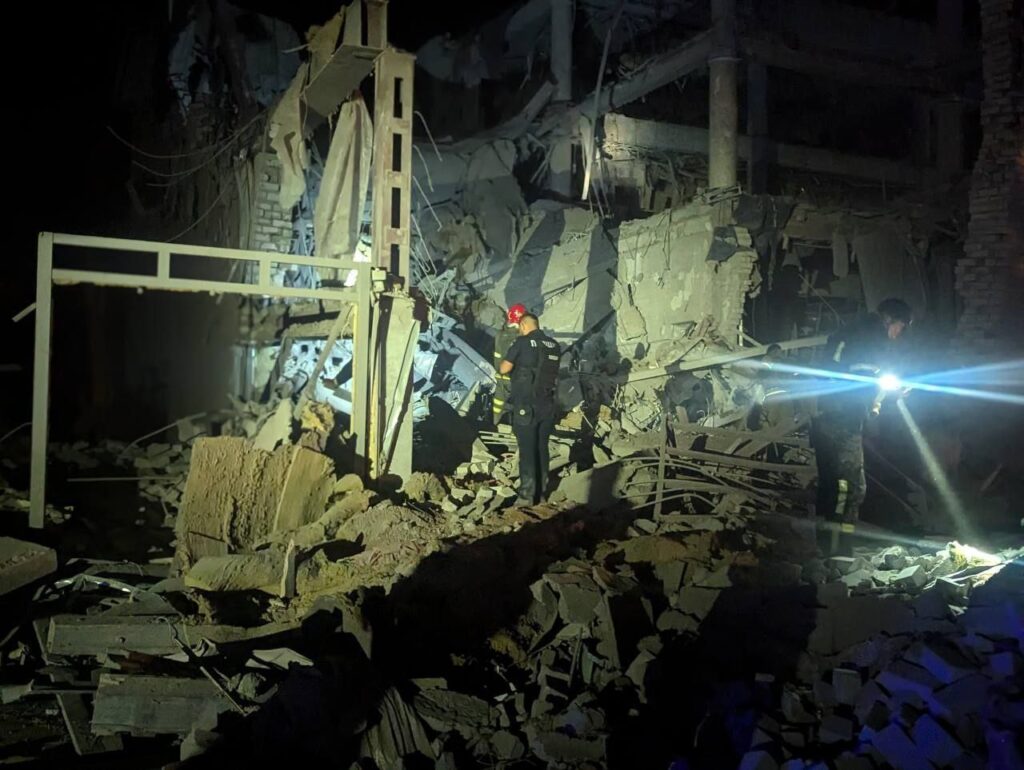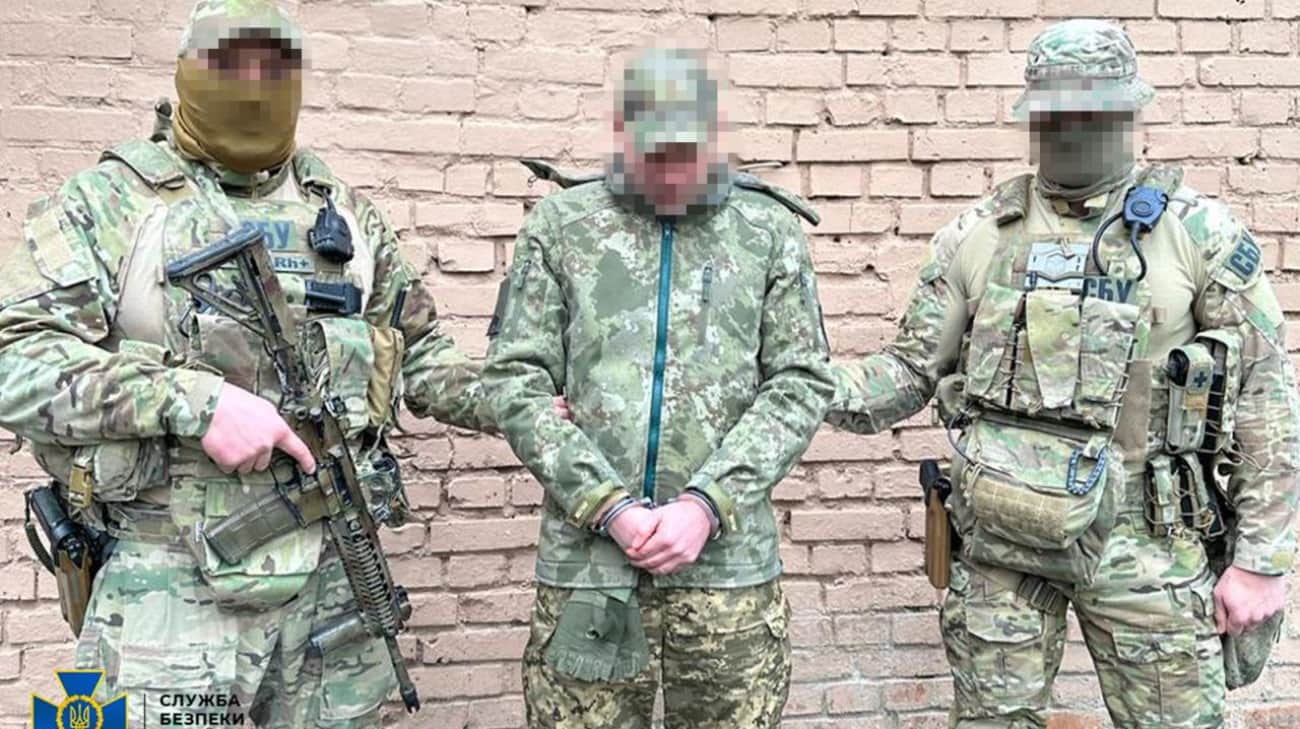To keep Ukraine’s NATO prospect alive, its neighbors must confront Washington
With talk of Ukraine's NATO aspirations fading in Washington, the country's staunchest advocates in Eastern Europe must convince US leaders that abandoning Ukraine's membership path would be a dangerous mistake.


“There’s not much talk of Ukraine’s NATO membership at the moment.”
This admission was made in private conversations by a Capitol Hill figure with Euromaidan Press as NATO prepares for its annual summit in Washington D.C. between 9-11 July.
It has been almost two years since Ukraine officially applied for NATO membership, a move that reportedly surprised the Alliance, preceded by years of advocacy and the notorious 2008 Bucharest summit.
The Vilnius summit last year, coupled with an extensive change to Ukraine’s advocacy campaign, fell short of making any major changes to the promises of Ukraine joining the Alliance “one day.”
The summit in Washington D.C. comes against the backdrop of the ongoing electoral race in the US where Trump is challenging the incumbent President Joe Biden.
Neither Biden nor Trump has expressed much support for Ukraine joining the Alliance, with the latter allegedly planning to shelve Ukraine’s alliance membership aspirations as part of his “blitz” plan to end Russia’s war of aggression in Ukraine.
Meanwhile, Biden’s unwillingness to flesh out a concrete timeline for Ukraine’s membership plan is substituted by the promotion of the Israeli-like model of security guarantees – a much-liked concept on Capitol Hill for Ukraine.
One figure told Euromaidan Press:
“The Israel model is the one Ukraine needs to adopt. Every male under 60 is a reservist. They need their own homegrown weapons industry which they are working on. This is the path to avoiding another war with Russia. Arm up to the teeth and deter the bastards.”
The good news is that Ukraine is indeed on track to become a technological frontier with a homegrown industry of drones, often AI-powered.
But for the Israel model to work properly in Ukraine, first the high-intensity combat must come to a halt.
The question is how?
Biden administration’s Ukraine policy, effectively run by his national security adviser Jake Sullivan, does not provide weapons to Ukraine in sufficient quantities to make a true difference on the battlefield or help launch a new counteroffensive.
The aid package saga that ended in April 2024 further showed the limitations of the promoted security model.
If Israel, America’s well-established partner with a powerful lobby in the country, can’t attain its military supply goals within a reasonable amount of time, then what can Kyiv really count on?
Accordingly, if Ukraine doesn’t receive sufficient aid in a timely fashion, how will it be able to win the war against Russia and reclaim its 1991 borders?
For Ukraine, answering these questions is critical. Russia’s economy is still robust. It has also ramped up its production of weaponry and signed deals with rogue states like North Korea.
Meanwhile, the West is treating the wars in Ukraine and the Middle East as isolated incidents without truly increasing its own military capacity. Or as our Capitol Hill source put it, “the free world’s defense industrial base still sucks,” adding that “If China invades Taiwan and Iran attacks Israel, Ukraine will see a huge drop off of US weapons, especially missile defense.”
The current war of attrition doesn’t benefit Ukraine – nor Russia for that matter as exemplified by its recent suggestions to strike a ceasefire deal. But Kyiv, with its limited resources and close-to-destroyed power grid, is in a much more precarious condition than Moscow.
A peace deal floated by Putin, would effectively cancel all the victories achieved by Ukraine in 2022, demoralize Ukrainian society, and give Putin time to re-arm and launch incursions into other parts of Ukraine, demanding that Kyiv give them up too.
Besides, in terms of high-combat intensity Israel is facing chiefly terrorist groups like Hamas and Hezbollah, not major states, let alone in possession of a nuclear arsenal. It also enjoys air defense assistance from the Allies.
If Biden manages to win the election regardless, and Sullivan stays, in the best-case scenario, we can expect more of the same slow approach as Washington shows no appetite to decisively beat Russia.
Should Trump return, the situation looks much less predictable. On the one hand, Trump likes to make big claims. But on the other, as our recent interviewee Republican Steven Moore, put it when describing Trump’s past policies toward Ukraine: “there’s what Trump says and what Trump does.”
In other words, he may continue the flow of weapons to Ukraine – confirmed by another source – but most likely avoid all talk of NATO’s enlargement.
Relying on Trump’s whims, however, is dangerous. Or thinking that Israel’s defense model is optimal for Ukraine, which is already proving to be otherwise.
Russia’s incursion into NATO is possible, says expert
This is where Ukraine’s partners, especially neighbors from the ex-Soviet camp that border Russia, must step in to press American officials from both Biden and Trump’s camp.
One of the “America first” myths is that Putin only wants Ukraine and would not attempt to make an incursion into a NATO state.
This is false.
Prior to launching the full-scale invasion in 2021, Russia issued its ultimatum where it made clear that it wants to undo post-1997 NATO’s enlargement. The only thing that precluded it from acting on it was its failure to carry out a blitzkrieg before moving the troops to Ukraine’s border with Poland, Romania, Hungary, and Slovakia.
The notion that it doesn’t have the resources to attack the Baltic states is likewise faulty. Visiting fellow at the Transatlantic Dialogue Center and research assistant with the Yorktown Institute Michael C. DiCianna noted that Russia still has mobilized a massive standing army while its air force is mostly intact, saying it could still consider a limited incursion into a NATO member.
“While it wouldn’t be a force that could survive a conventional exchange with a unified NATO, it could be disruptive and threatening enough that it pulls apart NATO’s seams. Any such incursion would no doubt be backed up by a tirade of nuclear threats, presenting NATO with the supposed risk of engaging conventionally but risking nuclear escalation,” he said.
Therefore, the argument that the only way to avoid the confrontation between the West and Russia is to ditch Ukraine’s NATO aspirations simply doesn’t hold.
Then there’s simply the moral aspect of it.
Ukraine’s road to NATO is without a doubt the bloodiest in the post-Cold War era. It is entitled to membership like no other state. If the old Europe doesn’t necessarily realize it, the new Europe, which has been part of both NATO and the EU for over 20 years now, does.
And it can and should remind Washington about this. Or as Kurt Volker put it in a recent interview with EP:
“If we tell Vladimir Putin that Ukraine cannot join NATO until after the war, then that’s a message to Putin to continue the war. And we want the opposite. We want him to end the war.”
Related:
- The “Israeli model” is no solution for either Ukraine or Europe
- Nine reasons NATO cannot afford to say “no” to Ukraine
- Kurt Volker: If Ukraine can’t join NATO until war ends, Putin will continue war
- How China derailed Ukraine’s membership invitation at the NATO summit
- Trump’s “peace plan” is a blueprint for Russian victory over Ukraine and West
You could close this page. Or you could join our community and help us produce more materials like this.
We keep our reporting open and accessible to everyone because we believe in the power of free information. This is why our small, cost-effective team depends on the support of readers like you to bring deliver timely news, quality analysis, and on-the-ground reports about Russia's war against Ukraine and Ukraine's struggle to build a democratic society.
A little bit goes a long way: for as little as the cost of one cup of coffee a month, you can help build bridges between Ukraine and the rest of the world, plus become a co-creator and vote for topics we should cover next. Become a patron or see other ways to support.



